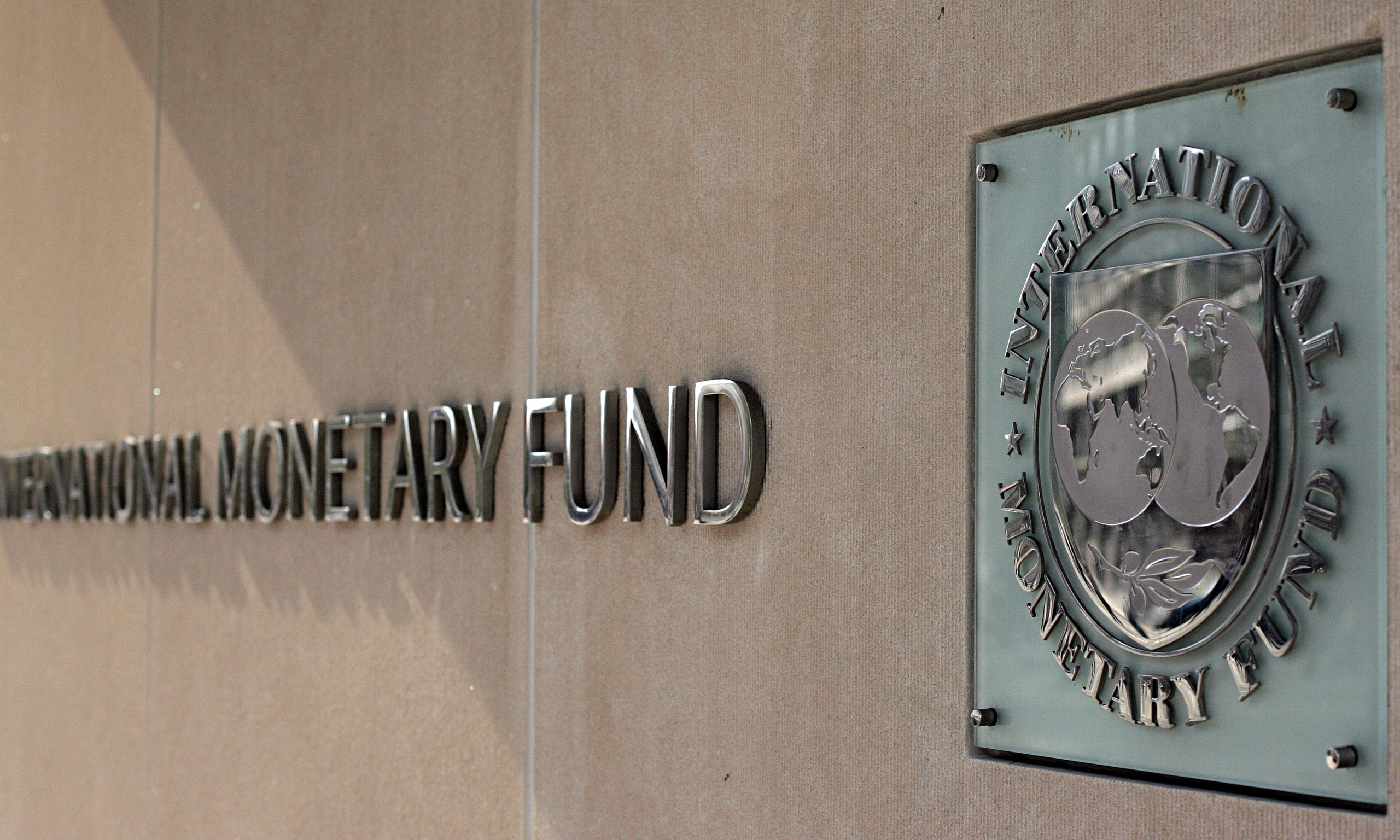An incentive scheme is based on three basic assumptions. They are:
Requisites
1. The belief that money is a strong motivator.
2. There is a direct relationship between effort and reward and this relationship can be systematically related.
ADVERTISEMENTS:
3. The worker is immediately rewarded for his efforts.
Though monetary incentive plans do motivate employees, these plans will not be effective unless certain requisites are met.
Several authorities on the subject have suggested a list of requisites that monetary incentive plans should meet if the incentive method is to be attractive to the employee. These requisites are given below:
ADVERTISEMENTS:
1. The relations between management, supervisory staff and workers should be cordial and free from suspicion. Management must, therefore, ensure association of workers during the development and installation of the scheme.
2. The incentive plan should reward employees in direct proportion to their performance. The standard set has to be attainable; necessary tools, equipment, training etc., should be provided and the employee should have adequate control over the work process.
3. The incentive plan should be well understood by the employees so that they can easily calculate personal cost and personal benefit for various levels of effort put by them. Complicated plans and formulae sow seeds of doubt and distrust in the worker’s mind.
4. The incentive plan should provide for rewards to follow quickly after the performance that justifies the reward. Employees do not like to be rewarded next month for extra effort expended today.
ADVERTISEMENTS:
5. The incentive plan must be within the financial and budgetary capacity of the organisation. In other words, the plan should not be very costly in operation. It should be ascertained in advance that these costs (incentives) are amply covered by the resultant benefits.
6. The work standard once established should be guaranteed against change. The work standard should be viewed as a contract with the employees.
This rule must be strictly adhered to by management. Once the plan is operational, great caution should be used before decreasing the size of the incentive in any way.
7. The standard on which the plan is to be based should be reasonable, i.e., it should not be too difficult or too easy.
If the standards se are too difficult, they make the employees unenthusiastic about it. If the standards set are too easy, the employees would hardly experience any competition. Thus, a fair and just standard is the key to any incentive plan.
8. The reward must be valuable to the employees. The incentive payments under the plan should be large enough in relation to the existing income of employees.
9. The incentive plans must encourage employees to support each other instead of being non-cooperative.
10. The plan should not be detrimental to the health and welfare of the employees. The plans should therefore include a ceiling on the maximum earnings by way of incentives.
11. Individual’s or group’s contributions and efforts must be clearly identifiable, if rewards are to be given for specific performance.
12. A guaranteed base rate should be included in any plan. Employees want to be assured that they will receive a minimum wages regardless of their output. This introduces element of security for the employee.

